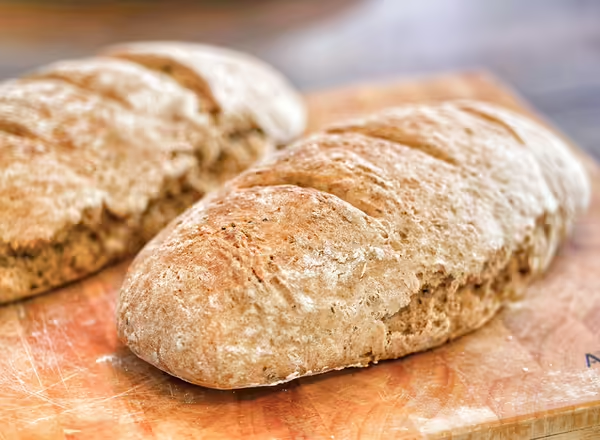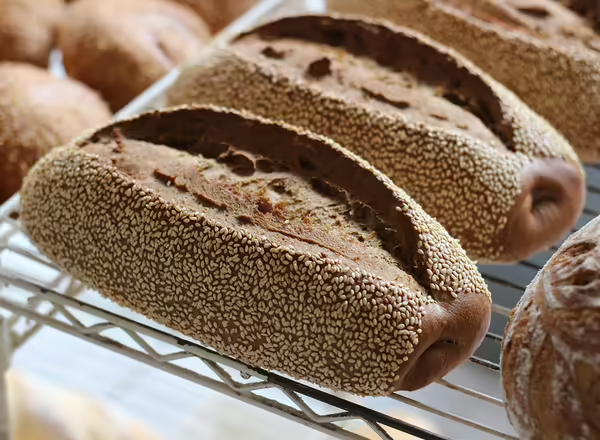
Whole Grains and Diabetes
Whole grains are the “whole" grain. They include all 3 grain parts: the germ, bran, and endosperm. Refined grains usually only contain the endosperm.
- The bran is the outer part of the grain which contains antioxidants, vitamin B and fiber. Antioxidants can heal cells across our body. Vitamin B also helps cells grow and stay healthy and keep us feeling energized. Fiber is great for our gut health.
- The endosperm is the majority of the grain and includes starchy carbohydrates and proteins. This is the only part refined grains contain.
- The germ is the most inner part of the grain that contains healthy fats, B vitamins and some protein.
Why are Whole Grains Important?
Whole grain contains more vitamins and essential nutrients than refined grains, which is why it is important to consume whole grains when possible. It is important to include whole grains in your diet. Fiber in whole grains can help with glucose digestion and absorption in the blood. Some examples of whole grains include wheat bread, quinoa, brown rice, and oatmeal. Refined grains include white bread, pasta, and white rice. A standard guide is to make sure half of the grains we eat everyday are whole grains.

When shopping at grocery stores, an easy way to pick out whole grain foods is to look for the “100% Whole Grain Stamp” or foods with the “Whole Grain Stamp.” This stamp is a mustard yellow rectangle with black writing.
When 100% is on the stamp that means one serving of the food item contains a full serving of whole grains. If the stamp is not on the food package but you think the item is whole grain, look under the ingredients list. Words like “whole grain, whole wheat, whole [other grain], oats, oatmeal, or wheatberries mean this item is whole grain. For more information on deciding which foods contain whole grains, visit wholegrainscouncil.org.

Diabetes management is dependent on the diet of the individual. Diet determines how much glucose is in the body. Most whole grains contain more fiber than refined grains. Fiber helps keep blood sugar levels stable, because fiber is a carbohydrate that cannot be digested in the body.
- Whole Grain Council. What’s a Whole Grain? A Refined Grain?
- Whole Grain Council. Identifying Whole Grain Products